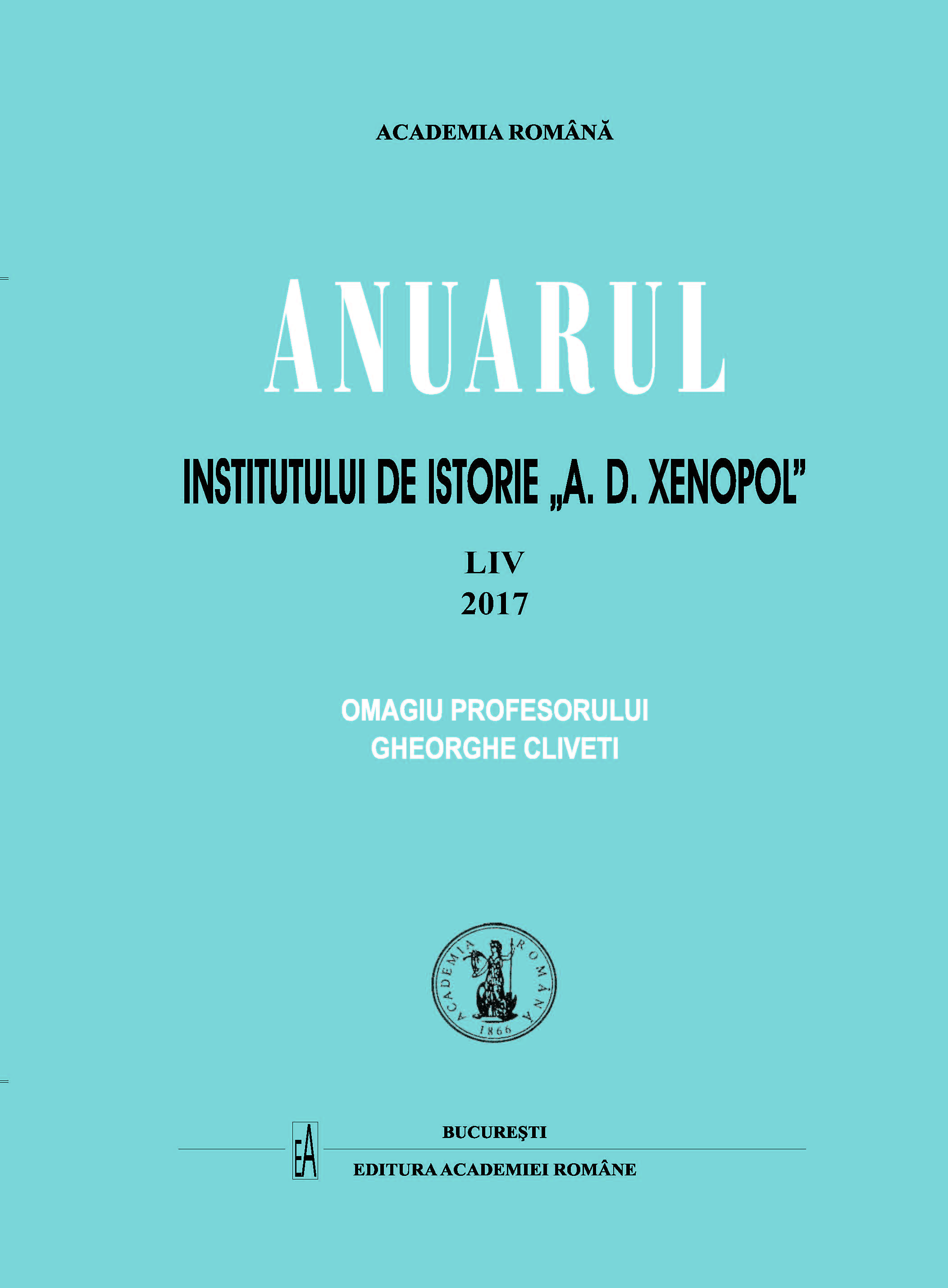CONSULATS ET CONSULS HONORAIRES DE ROUMANIE DANS LES GRANDES PUISSANCES OUEST-EUROPEENNES ENTRE LES DEUX GUERRES MONDIALES. ETUDE DE CAS : L’ALLEMAGNE
ROMANIA’S HONORARY CONSULATES AND CONSULS TO THE GREAT WESTERN POWERS IN THE INTERWAR PERIOD. A CASE STUDY: GERMANY
Author(s): Elinor Danusia PopescuSubject(s): History
Published by: Editura Academiei Române
Keywords: Alliances; consular jurisdiction; Greater Romania; international relationships; professional diplomatic corps; the great diplomacy; The Republic of Weimar; personal networks
Summary/Abstract: The Romanian consular network in Germany quickly resumed its pre-1916 dynamics and overpassed the break-up of the alliance between Romania and the Central Empires. The absence of direct territorial conflict and the desire to find an interesting trading partner contributed to a pragmatic reunion in 1921−1922, whose consular relations were the vector. The grand French policy disrupted this trend with the invasion of the Ruhr and the violent crisis that followed. But the Locarno agreements of 1925, while depressing the situation of the central and eastern European states from a security point of view, confirmed the arrival of the American Prosperity on the Old Continent with the Dawes Plan, which had preceded them in 1924. The commercial activities and their consular agents were relaunched until 1929, sometimes in confusion and a certain ill-understood and corrupt businessmanship on the Romanian side as well as on the German side. The arrival of Hitler marked a nationalization and elimination of the many Jewish consular staff. The war effort, then the planning (The Göring plan of 1936) and the clearing technique used by Germany, especially in the central European space, forced the consuls to communicate much more closely with the public authorities. This fact reduced their autonomy and the peculiarity of their status to the articulation of the civil service and a civil society whose Nazi totalitarianism had decided the crushing by the warrior regimentation. I used sources of first-hand information collected from the Archives of the Foreign Ministry, for example: The Problem 75 “Honorary Consuls of Romania, 1870−1944”, vol. 22−28 (Germany), The Problem 82 “The Organization of the Ministry of Foreign Affairs. Consular and Economic Relations”, vol. 101−102 (Germany), Problem 33 “Questions concerning the Jews”. The research methods that guided the development of my work are the critical study of archival documents, historical comparison, legal and institutional analysis and specific methods of economic history. The prosopographic approach is necessary in this case, so I will exhume the life of the consuls, with their activities, their responsibilities and their social relations, in order to better understand the international relations between the two world wars and the atmosphere of the time.
Journal: Anuarul Institutului de Istorie »A.D. Xenopol« - Iaşi
- Issue Year: LIV/2017
- Issue No: 54
- Page Range: 123-140
- Page Count: 18
- Language: French

